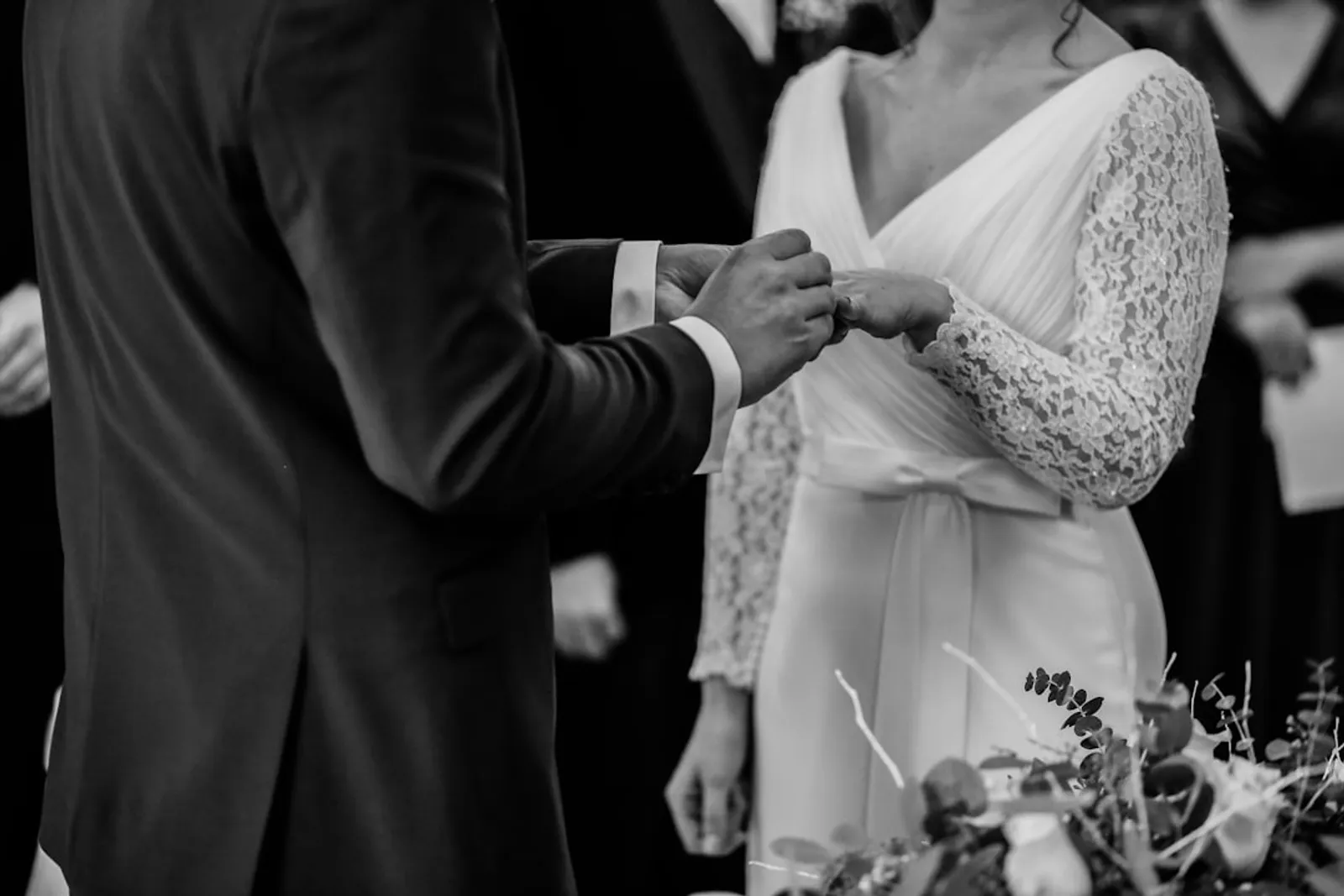Essential Tips for Crafting the Perfect Wedding Ceremony Music

Introduction
Music is an integral part of any wedding ceremony, playing a pivotal role in setting the tone and evoking emotions. Whether it's a traditional church ceremony or a modern outdoor celebration, the right music can enhance the sentiment and create unforgettable moments. In this guide, we provide essential tips for crafting the perfect wedding ceremony music.
Understand the Different Ceremony Stages
Prelude
The prelude is the music that plays as guests are seated, and it sets the initial tone for the ceremony. Choose calming and welcoming tunes to create a peaceful atmosphere. Consider instrumental pieces that blend into the background while guests settle in.
Processional
The processional marks the beginning of the ceremony and the entrance of the bridal party. This music should build anticipation and highlight the significance of the moment. Popular choices include classical pieces such as Pachelbel's Canon in D or something more contemporary that suits your style.
Bride's Entrance
This is arguably the most memorable moment of the ceremony. The music chosen should reflect the bride's personality and the overall theme of the wedding. Whether you opt for the traditional 'Bridal Chorus' by Wagner or a modern love song, ensure it resonates with you.
Interludes and Rituals
During the ceremony, there may be various rituals or moments of reflection that require musical accompaniment. This could include a unity candle lighting, sand ceremony, or just a special reading. Select music that is meaningful and complements these intimate moments.
Recessional
The recessional is the joyous music that plays as the newlyweds make their exit. This music should be upbeat and celebratory, reflecting the joy of the moment. 'Wedding March' by Mendelssohn is a timeless choice, but there are numerous modern options to consider.
Coordinate with Your Venue
Ensure that the music you choose fits within the constraints of your venue. Some venues, especially religious ones, may have restrictions on the types of music permitted. Discuss your preferences with your venue coordinator to ensure your selections are appropriate and feasible.
Live Music vs. Recorded Music
Decide whether you want live musicians or recorded music for your ceremony. Live music, such as a string quartet or soloist, adds a personal touch and can adapt to the mood and pace of the ceremony. Recorded music, on the other hand, offers more flexibility and control over song choices.
Personalize Your Playlist
Your wedding music should reflect your unique tastes and love story. Don't be afraid to incorporate songs that are significant to your relationship. This personal touch can make your ceremony even more special and memorable for you and your guests.
Test and Rehearse
Once you've chosen your music, test it in your ceremony space to ensure it sounds as you envision. Conduct a rehearsal with your musicians or ensure the sound equipment is set up correctly for a seamless performance on the day of the wedding.
Conclusion
Choosing the perfect wedding ceremony music involves careful consideration and planning. By understanding the different stages, coordinating with your venue, deciding between live and recorded music, personalizing your playlist, and rehearsing, you'll create a magical atmosphere that complements your special day. Let the melodies you choose tell your love story and enhance the beauty of your wedding ceremony.



